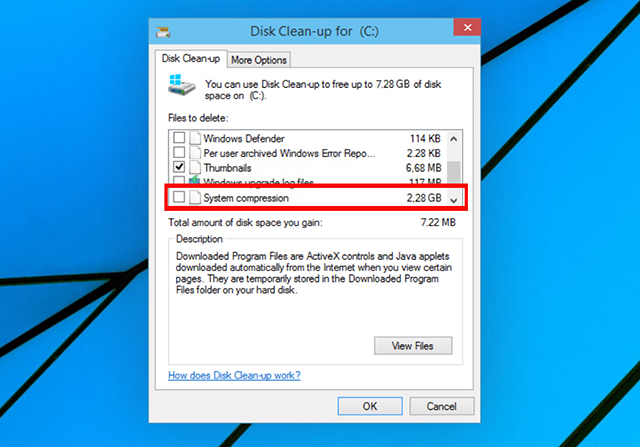
How do you define the success of a technology implementation? Should it be judged by how it helps to add short-term value in certain individual areas of business? Or should the yardstick be its ability to enable your entire organization to take a giant leap forward?
Clearly, it’s not possible for every piece of hardware or software introduced within a business to have a revolutionary, transformative impact. However, perhaps it’s worth considering whether or not you are at least maximizing the impact of the tools you have at your disposal and using them to drive as much value as you can. It’s important to remember that the elephant in the room in every technology purchase, is the question of 'why?'
This process can be comparable to a group of chefs discussing the best way to bake a cake, and arguing over whether or not they should use a particular brand of flour, or a certain type of egg or icing sugar. All have their own ideas and views, even if the ultimate objective of baking the cake remains the same for them all.
Similarly, business heads also need to take a number of considerations into account.
Are they looking for a solution that can enable to solve an individual problem, or are they hoping to address a wider, more far-reaching concern? And if so, how do they achieve this on time, and within the limitations of their budget?
The truth, unfortunately, for far too many businesses heads, is that finding this agreement is easier said than done.
As a result, there’s a tendency for many to compromise and view technology as a means of achieving a short-term fix, rather than adding greater long-term value to the business as a whole.
All of which might, to return to our analogy, lead to the creation of one nice cake, but could lead to a number of 'soggy bottoms' and 'droopy sponges' further down the line.
Let’s be clear, the right technology solution should be one that doesn’t just paper over the cracks of individual problems, but which can improve overall efficiency, not just in the next few months, but for many years to come.
Too often, business heads turn to technology as a quick, simple panacea that can be used to attempt to treat the symptoms of inefficiency rather than getting to the actual root of the problem.
It’s a little like asking a doctor to treat the symptoms of a medical problem instead of trying to find a cure for the illness itself. After all, you can buy all the medicine you like to make your cough subside for a few hours, but unless you get the right antibiotics, your chest infection isn’t going anywhere.
In the same way, business users often see the fact that IT systems aren’t fast enough, or can’t scale well enough to meet demand, and look for ways to improve performance in these specific areas instead of looking at the bigger picture.
The NoSQL industry is a great example of a technology that allows organizations to add value both in the short and longer term.
While there’s no doubt that applications for NoSQL databases can play a role in making 'added value' processes and systems like data analytics more effective, they can also be used to completely transform the way an organization operates.
The reason for this is simple -- there’s never been a more important time to ensure that organizations are able to handle, process and make use of large quantities of data.
In a world where banks, retailers and even advertisers rely not just on data, but also on the speed in which it is delivered, this should come as no surprise. In today’s data-intensive world, the 'quickest' is always the most successful, while the ‘slowest’ is yesterday’s news.
Connectivity to data is becoming a game changer across industry, and more and more businesses are turning to NoSQL database technology to help them get an edge over their competitors.
It’s clear that the success of any technology implementation should be judged on its ability to add long-term value because, when all’s said and done, it makes little sense to implement a solution that merely provides you with the cherry on top of the cake.
This is particularly true when you consider that the same principles can be applied to make the cake itself bigger, better and more delicious than ever before!
Isn’t it time you considered what recipe you are using to make your business a success?
David Maitland is the general manager EMEA at Couchbase
Photo Credit: Sukpaiboonwat/Shutterstock
Published under license from ITProPortal.com, a Net Communities Ltd Publication. All rights reserved.













 Roger Bjork is Director of Enterprise Mobility Solutions Go-To-Market and Business Development at
Roger Bjork is Director of Enterprise Mobility Solutions Go-To-Market and Business Development at 


 Acer is one of my favorite computer manufacturers, because it knows how to build a machine with a focus on value. In other words, when money is tight, you can look to the company to meet your budget with a quality machine. I have used countless low-cost machines over the years, and Acer has yet to disappoint.
Acer is one of my favorite computer manufacturers, because it knows how to build a machine with a focus on value. In other words, when money is tight, you can look to the company to meet your budget with a quality machine. I have used countless low-cost machines over the years, and Acer has yet to disappoint.







 Comodo Group has announced the release of
Comodo Group has announced the release of 
 Chris Wright is the founder of
Chris Wright is the founder of 





